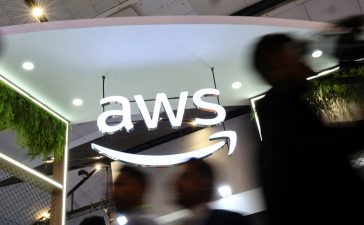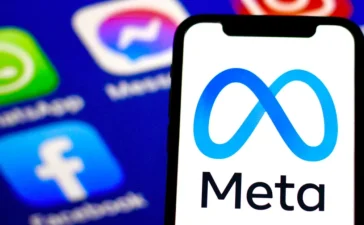Meta Platforms Inc. has sparked widespread concern across Nigeria’s business and tech communities with its threat to suspend Facebook and Instagram operations in the country. The fallout from such a move could devastate over 56% of Nigeria’s 39.6 million micro, small, and medium enterprises (MSMEs), industry analysts have warned.
The crisis stems from a growing legal standoff between Meta and Nigerian regulators, who have imposed over $290 million in fines for alleged violations. Despite Meta’s legal challenge, Nigerian courts have upheld the penalties and ordered compliance by June 2025. In response, Meta threatened to pull its platforms from the Nigerian market entirely.
Experts warn the move could disrupt thousands of small businesses that depend heavily on the platforms for sales, brand visibility, and customer engagement. According to the Global System for Mobile Communications Association, platforms like Facebook and Instagram are core to the survival of SMEs in Africa’s largest economy.
“Most businesses built their brands on these platforms,” said Olayinka Shobola, a Digital Marketing Consultant at EssenceMediacom. “A sudden exit would mean loss of income, jobs, and growth opportunities.”
Meta’s platforms not only serve as sales channels but also support an ecosystem of digital jobs—from marketers and influencers to developers and creatives. A shutdown, analysts say, would severely affect Nigeria’s growing digital economy, which is forecasted to generate $148.2 million in social media advertising revenue by 2025, with Facebook commanding the lion’s share.
The Federal Competition and Consumer Protection Commission slammed Meta’s threat as a “pressure tactic,” arguing that the company has paid heavier fines elsewhere—including a €1.2bn GDPR fine in 2023 and another €200m penalty under the Digital Markets Act—without threatening to exit.
“The fines should be a wake-up call, not a reason to abandon a thriving market,” said Abiola Jimoh, Co-founder of XchangeBox. “Nigeria’s 164.3 million internet subscriptions make it a digital goldmine. Walking away raises serious questions.”
Some, however, also blame regulators for not offering a clearer compliance pathway, warning that a standoff of this magnitude endangers vulnerable communities and grassroots advocacy groups dependent on social media platforms for visibility.
With the June deadline fast approaching, the standoff between Meta and Nigeria’s regulators is fast becoming a critical test of the tech industry’s accountability and the resilience of digital economies in the Global South.







